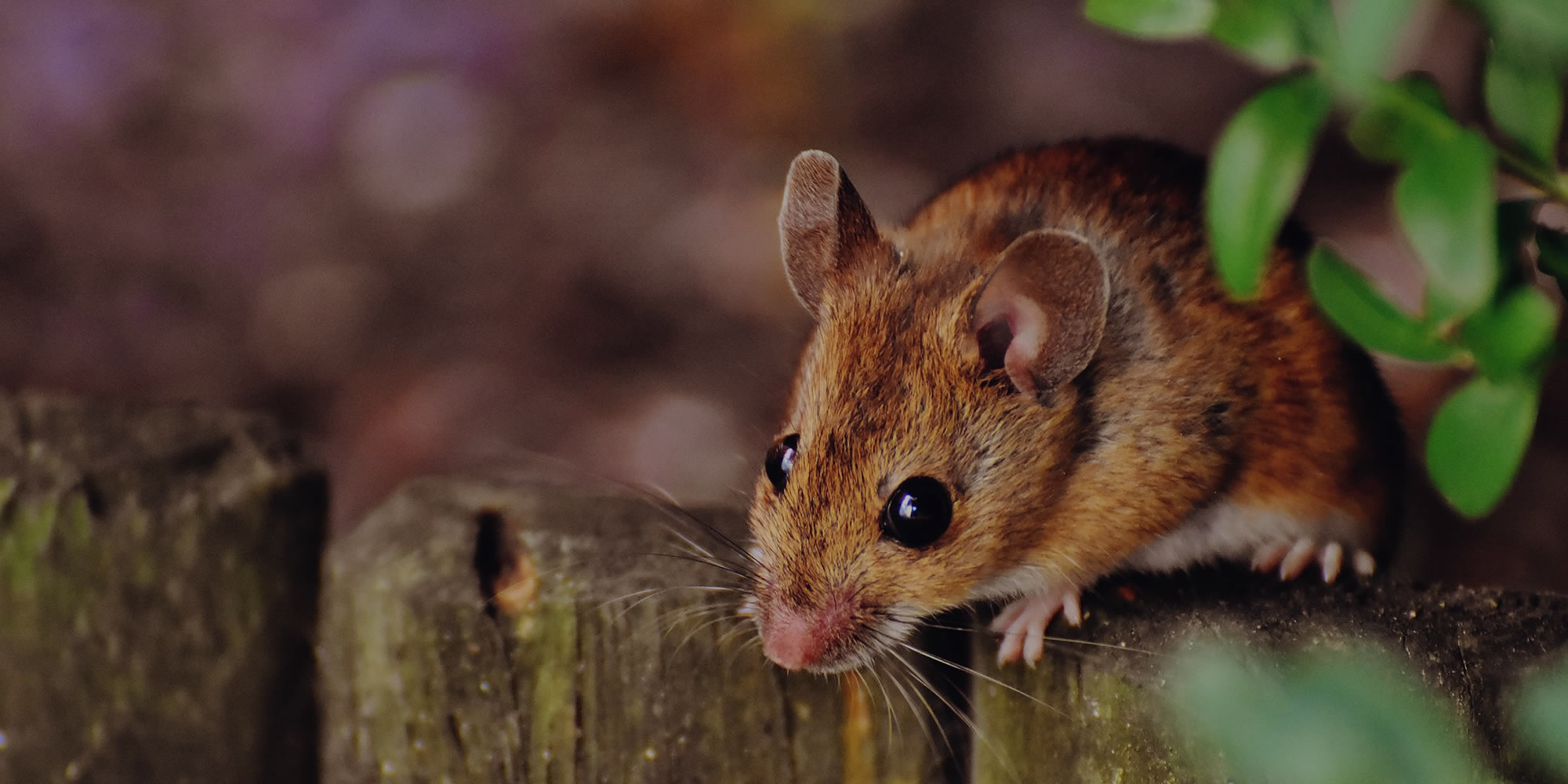Pest Control: Keeping Your Home and Garden Pest-Free
In the battle against household pests, knowledge is your most potent weapon. From common annoyances like ants and flies to more troublesome invaders like termites and rodents, understanding how to prevent and manage these pests is crucial for maintaining a clean and healthy living environment. In this comprehensive guide, we will delve into various aspects of pest control, equipping you with the knowledge and strategies needed to protect your home and garden effectively.

SEO Meta Description
Discover effective pest control methods to keep your home and garden pest-free. Learn how to prevent and manage common household pests with expert tips and advice.
Introduction
Pest control is not just about eliminating nuisances; it’s about safeguarding your property, health, and peace of mind. Unwanted pests can carry diseases, cause structural damage, and disrupt your daily life. Therefore, it’s imperative to stay informed about the best practices for pest control.
1. Understanding Pest Control
Pest control is the practice of managing and eliminating unwanted organisms, commonly referred to as pests. These pests can be insects, rodents, or other animals that invade and damage your property or pose health risks.
2. The Importance of Pest Control
Effective pest control is essential for various reasons:
Health Protection: Pests can transmit diseases and contaminate food, posing a risk to your family’s health.
Property Preservation: Pests like termites can cause significant damage to your home’s structure, leading to costly repairs.
Peace of Mind: A pest-free environment ensures comfort and tranquility in your home.
3. Types of Pests
To effectively combat pests, it’s crucial to identify the specific type of pest you are dealing with. Common household pests include:
Ants: These tiny insects can invade your kitchen and pantry Pest control near me in search of food.
Cockroaches: Known for their resilience, cockroaches are carriers of diseases and can trigger allergies.
Rodents: Mice and rats are not only destructive but also carry diseases.
Termites: Silent destroyers, termites can cause extensive damage to wooden structures.
Flies: Flies can transmit diseases and are a common nuisance in homes.
Bedbugs: These pests can infest your bedding and cause itchy bites.
4. Pest Control Methods
When it comes to pest control, there are several methods to consider:
Preventive Measures: Keep pests at bay by maintaining cleanliness, sealing cracks, and proper food storage.
Chemical Control: Pesticides and insecticides can be used to eliminate pests, but they should be handled with care.
Natural Remedies: Some pests can be controlled using natural methods, such as diatomaceous earth or essential oils.
Professional Pest Control Services: Hiring a pest control expert can be the most effective way to address severe infestations.
5. DIY Pest Control Tips
If you prefer to handle pest control on your own, here are some tips:
Seal Entry Points: Identify and seal any cracks or openings that pests can use to enter your home.
Proper Waste Disposal: Dispose of garbage promptly and securely to prevent attracting pests.
Regular Cleaning: Keep your home clean and free of crumbs or food residue.
Natural Repellents: Use natural repellents like peppermint oil or vinegar to deter pests.
Traps: Set up traps for rodents and insects in problem areas.
6. Pest Control for Your Garden
Pests in the garden can ruin your plants and vegetables. Here’s how to protect your garden:
Companion Planting: Planting certain herbs and flowers alongside your vegetables can deter pests.
Organic Pest Control: Use organic pesticides or neem oil to protect your plants.
Crop Rotation: Rotate your crops each season to reduce the buildup of pests in the soil.
Beneficial Insects: Attract beneficial insects like ladybugs and lacewings to naturally control garden pests.
Frequently Asked Questions (FAQs)
How do I know if I have a pest infestation?
Pest infestations can manifest through visible signs like droppings, gnaw marks, or the presence of the pests themselves.
Are chemical pesticides safe to use at home?
Chemical pesticides should be used with caution and according to the manufacturer’s instructions. Consider natural alternatives if possible.
Can I prevent pests without using chemicals?
Yes, maintaining cleanliness, sealing entry points, and using natural repellents are effective chemical-free pest prevention methods.
When should I hire a professional pest control service?
Consider professional help for severe infestations that DIY methods cannot address effectively.
What is the best way to keep my garden pest-free?
A combination of organic pest control methods, companion planting, and regular maintenance will help keep your garden healthy and pest-free.
How often should I inspect my home and garden for pests?
Regular inspections, at least once a season, are essential to catch and address pest problems early.
Conclusion
Pest control is a crucial aspect of maintaining a safe and comfortable living environment. By understanding the types of pests, prevention methods, and effective control strategies, you can ensure that your home and garden remain pest-free. Whether you choose DIY methods or seek professional assistance, the key is to take proactive measures to protect your property and loved ones from the intrusion of unwanted pests.